It’s one o’clock in the morning. I have to get up in a few hours. Why am not in bed? What is causing me to ignore the Sandman when I know I’ll regret it? I’ll tell you.
I wrote a book a few years ago that is in the editing process. It’s the second in a series, something I loved very much when I finished, and has become the bane of my existence. You’re probably asking yourself why in the world I would say something like that. I mean, I did write the book. Unfortunately, the book is a reminder of something I’ve heard before but didn’t truly understand.
Some books are not meant to be published.
This isn’t to say that I don’t enjoy the story or the characters; it’s simply that I didn’t know anything about writing when I started. The process was foreign and new. I could do whatever I wanted. Now, after hours upon hours of edits and the creation of new projects, I know I can write better. That means I’m trying to clean my manuscript in the best way possible but also keep the original tone of the first novel. The experience has been sheer agony. I’ll change something only to put it back to the original form. It’s edited but it’s “not.” Certainly, the grammar will be tighter and words will be used in the proper context. However, the voice must remain the same. Changing the overall style will alter the experience for the reader(s) who enjoyed the first book. I can’t do that and keep the trilogy intact; therefore I have to find a balance. I’ve spent hours trying to achieve this, but I’m still uncertain if I’ve accomplished my goal.
That’s why I think it’s important for author’s to remember that -- God willing -- they will become better as they create and explore other stories. When they’re straight out of the starting gates most writers have no idea of the small fundamentals (at least I didn’t) that are so important when you want to become published. Trust me when I say that after a few years with solid editors, you’ll learn. It’s a double-edged sword. The more you are taught, the quicker you’ll discover that your first creations are not as fabulous as they once seemed. I can’t speak for everyone, but I can say for me it’s been an eye-opening and extremely humbling experience.
To clarify, I'm not saying you shouldn’t submit your first story to a publisher or agent. Rather this is blog entry to let all of you know that it’s normal to stumble with your first project. If you’re rejected keep pounding away at the keyboard. If and when you’re contracted (if you decide to go that route) you’ll see exactly what I’m talking about. Believe it or not, readers, authors, and editors are not being hateful or downright snarky when they berate new authors. Most of them are merely people who’ve seen work that isn’t quite up to snuff. If you’re rejected but told your voice is compelling, keep doing what you’re doing and listen. I like to think those who read your material see potential, however, it’s just not quite “there” yet. Think of it as a complex meal that you’re trying to perfect. You might not get there in a year, or several years, but eventually you’ll find the right ingredients.
As for me, I’m back to those edits. I might not defeat the words on my screen, but I’ll do my best to manipulate them so the reader (and myself) will come away happy. *crosses fingers*
Now for the eye candy of the week!
Wednesday, June 29, 2011
Subscribe to:
Post Comments (Atom)
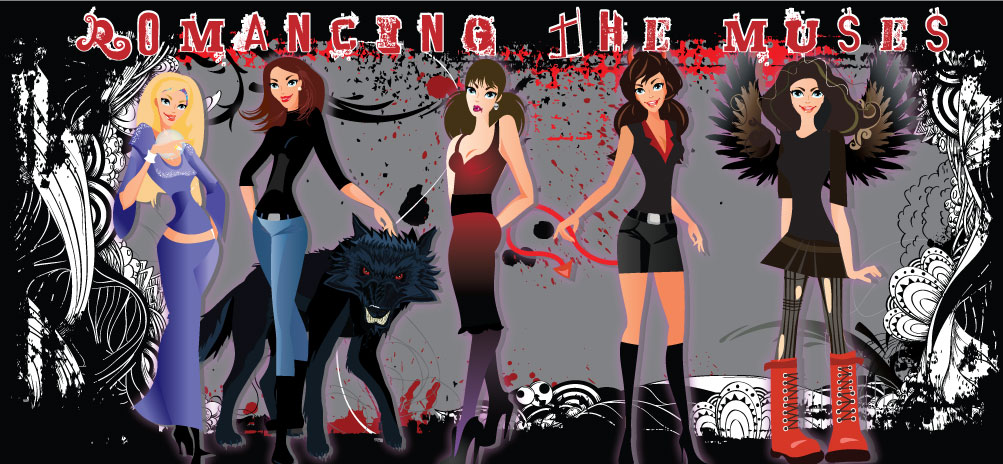
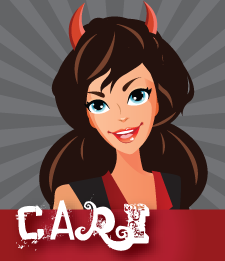
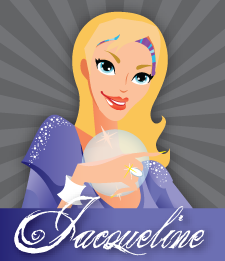
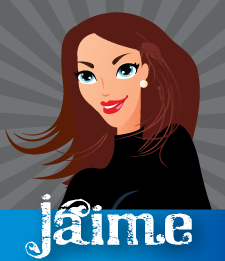
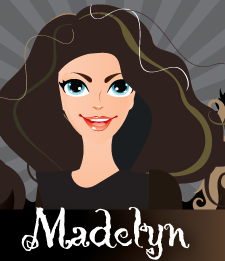
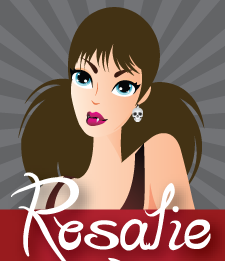


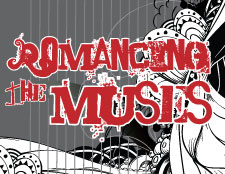



2 comments:
What has made you want to take it out and work on it after all this time? Is the content of this book different or like what you do now? Just curious .
Hey Sharon,
I was asked to contract the second book since it was written. I hesitated (and almost said no) but people wanted to read the second book. It became a choice of giving the book to those who want it, or keep it on the bookshelf for myself. I didn't know what to do. Ultimately, I signed the contract. Now I'm trying to make it as good as I can. I just didn't realize how unpolished my voice was. Hopefully people will forgive me.
Post a Comment